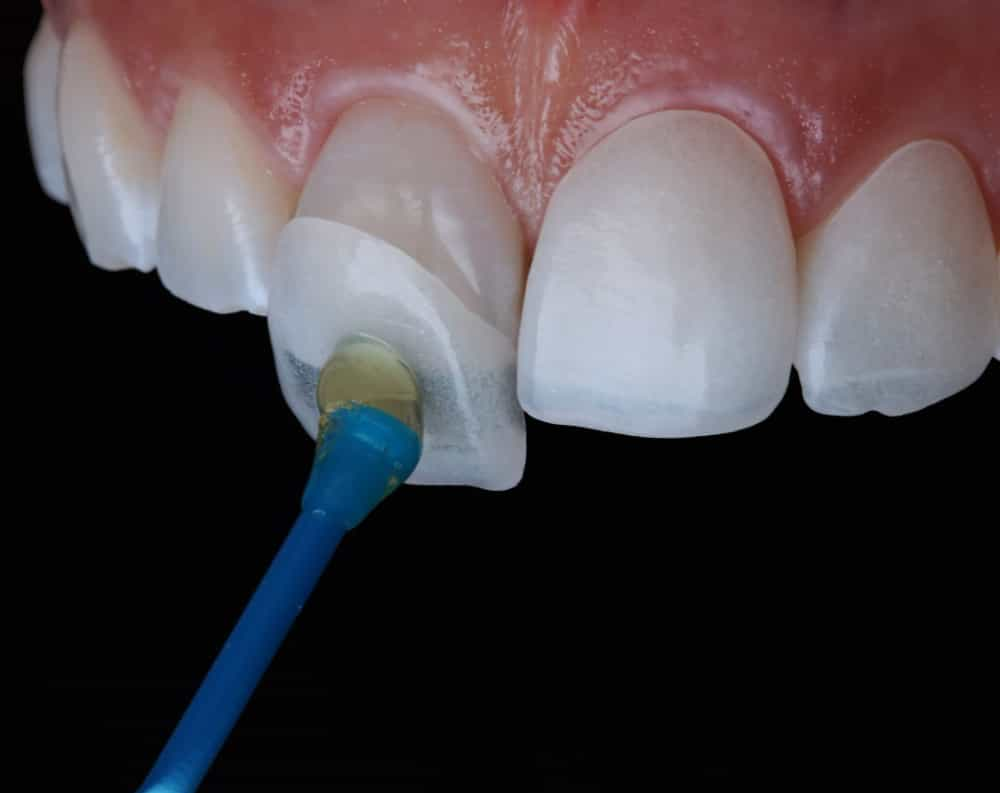How Much are Dental Implants in Georgia

Dental implants are a reliable and long-lasting solution for individuals seeking to replace missing teeth. In Georgia, you can find a wide array of dental professionals specializing in implantology who offer these treatments with high standards of care. Whether you're considering dental implants for functional or aesthetic reasons, understanding the full scope of the process—including costs, benefits, and potential risks—is crucial for making an informed decision.
In this comprehensive guide, we will cover everything you need to know about dental implants in Georgia, from pricing to the types of implants available, benefits, risks, and answers to your most pressing questions. At PlacidWay, we aim to connect you with reputable dental experts, ensuring you make the best choice for your oral health needs.
Key Insights at a Glance
- Cost of dental implants in Georgia: Prices range from $2,450 to $8,500.
- Financing options: Many clinics offer flexible payment plans to make the procedure more affordable.
- Benefits: Dental implants restore function, appearance, and prevent bone loss.
- Risks: Some risks include infection, implant failure, and nerve damage.
- Insurance coverage: Some dental insurance plans provide partial coverage for implants.
Understanding Dental Implants: What Are They?
Dental implants are artificial tooth roots made from titanium that are surgically inserted into the jawbone. These implants serve as a base for attaching artificial teeth, providing a stable, durable solution for tooth replacement. Unlike dentures, which can slip or cause discomfort, dental implants are securely anchored in place, offering a permanent solution to missing teeth.
The dental implant process consists of two primary steps: first, the implant is placed into the jawbone, and over the next several months, it integrates with the bone in a process known as osseointegration. Afterward, a crown or other type of restoration is placed on top of the implant, completing the replacement.
Types of Dental Implants Available in Georgia
Dental implants come in several types, each suited for different patient needs. Here's an overview of the most common options available in Georgia:
1. Endosteal Implants
These are the most widely used implants, placed directly into the jawbone. Endosteal implants are ideal for patients with healthy bone density and are typically used for single tooth replacements or multiple implants for bridges or dentures.
2. Subperiosteal Implants
If you have insufficient bone density, subperiosteal implants may be an option. These implants are placed on top of the jawbone, under the gum tissue, and are designed for patients who cannot undergo bone grafting.
3. All-on-4 Implants
The All-on-4 method involves placing four implants into the jaw to support a full arch of teeth. This technique is particularly beneficial for patients who are missing most or all of their teeth and prefer a quicker, more cost-effective solution compared to individual implants.
Cost of Dental Implants in Georgia: What to Expect
The cost of dental implants in Georgia typically ranges from $2,450 to $8,500 for a single implant, with additional procedures like bone grafting and sinus lifts adding to the overall cost.
Cost Breakdown for Dental Implants in Georgia
| Procedure/Service | Cost Range (USD) | Notes |
|---|---|---|
| Single Dental Implant | $2,450 - $8,500 | Prices depend on the clinic, type of implant, and additional procedures required. |
| All-on-4 Implants | $15,000 - $25,000 | For a full set of teeth, costs vary based on the clinic and the complexity of the procedure. |
| Bone Grafting | $300 - $3,000 | Required if there is insufficient bone for implant placement. |
| Sinus Lift | $1,500 - $2,500 | Performed if the sinus cavity is too close to the jaw for implants, to create more space. |
| Implant-Supported Bridge (per tooth) | $2,000 - $4,500 | A bridge supported by implants, often used when more than one tooth needs replacement. |
| Temporary Denture (for immediate use) | $500 - $1,500 | Temporary solution before the permanent implant is fully integrated. |
While the cost of dental implants can seem significant, it is essential to remember that implants are a long-term investment in both health and aesthetics. With proper care, they can last for decades, providing better value over time than other tooth replacement options like dentures or bridges.
Financing and Payment Plans:
Many dental practices in Georgia offer financing options, making it easier to manage the cost of dental implants. These options allow patients to spread out payments over time, reducing the immediate financial burden.
The Benefits of Dental Implants
Dental implants offer a range of benefits, from restoring the function of your teeth to improving your overall quality of life. Here are the key advantages of opting for dental implants:
1. Improved Appearance
Dental implants look and feel like natural teeth, helping restore your smile and boost your confidence.
2. Enhanced Speech and Comfort
Unlike dentures, which can slip and cause speech difficulties, implants are securely anchored and provide a comfortable fit.
3. Better Oral Health
Implants help preserve jawbone density and prevent bone loss, which can occur with missing teeth. This maintains the structure of your face and oral health in the long term.
4. Durability
With proper care, dental implants can last a lifetime, making them a durable and cost-effective solution compared to other tooth replacement methods.
5. Improved Eating Function
Implants provide the stability needed to chew and eat a variety of foods without discomfort, unlike dentures, which can sometimes cause difficulty when eating.
Risks and Considerations
While dental implants offer many benefits, there are some risks associated with the procedure:
1. Surgical Risks
Any surgical procedure carries inherent risks, including infection or complications. However, these risks are rare, and experienced implant specialists can minimize them through careful planning and technique.
2. Implant Failure
In some cases, the implant may fail to integrate with the bone. This can be due to factors such as infection, poor bone density, or failure to follow aftercare instructions.
3. Nerve Damage
In rare instances, implants may affect nearby nerves, resulting in numbness or tingling in the gums, lips, or chin.
4. Bone Loss
If sufficient bone is not available to support the implant, additional procedures like bone grafting may be necessary, which can increase the cost and complexity of the treatment.
Dental Implants and Insurance Coverage
Dental implants are often classified as an elective procedure, so they may not be fully covered by insurance. However, many insurance plans may offer partial coverage for some components, such as the crown or abutment. It is important to check with your insurance provider to understand your coverage and any out-of-pocket expenses.
Some dental practices also offer payment plans or financing options to help make the procedure more affordable.
FAQs About Dental Implants in Georgia
1. Are dental implants covered by insurance in Georgia?
Dental implants are generally not fully covered by insurance, but many plans offer partial coverage for certain components like the crown or abutment. Always check with your insurance provider for specific details.
2. How long do dental implants last?
With proper care, dental implants can last a lifetime. Most patients experience long-term success with implants, often exceeding 20 years.
3. What is the recovery time after a dental implant procedure?
Recovery time typically takes 1-2 weeks for initial healing. Full osseointegration can take several months before the permanent crown is placed.
4. Are dental implants painful?
Dental implant surgery is performed under local anesthesia, so patients generally experience minimal pain during the procedure. Any discomfort after the procedure can usually be managed with over-the-counter pain medications.
5. Can I get dental implants if I have gum disease?
It’s important to treat gum disease before considering implants. Gum disease can lead to implant failure, so addressing this issue is essential for successful implantation.
6. What if I don’t have enough jawbone for dental implants?
If your jawbone is insufficient, your dentist may recommend bone grafting to build up the bone structure. This is a common procedure and can increase the complexity and cost of the treatment.
7. How can I find a trusted dental implant provider in Georgia?
Look for providers with experience in implantology and credentials from reputable dental associations. Reading patient reviews and consulting with specialists can also help in selecting the best provider.
Ready to Learn More?
If you’re considering dental implants and want to explore your options, PlacidWay can connect you with top-rated dental professionals in Georgia who specialize in this treatment. Contact us today to schedule a consultation and discover how dental implants can help restore your smile and improve your oral health.






.png)



.png)



